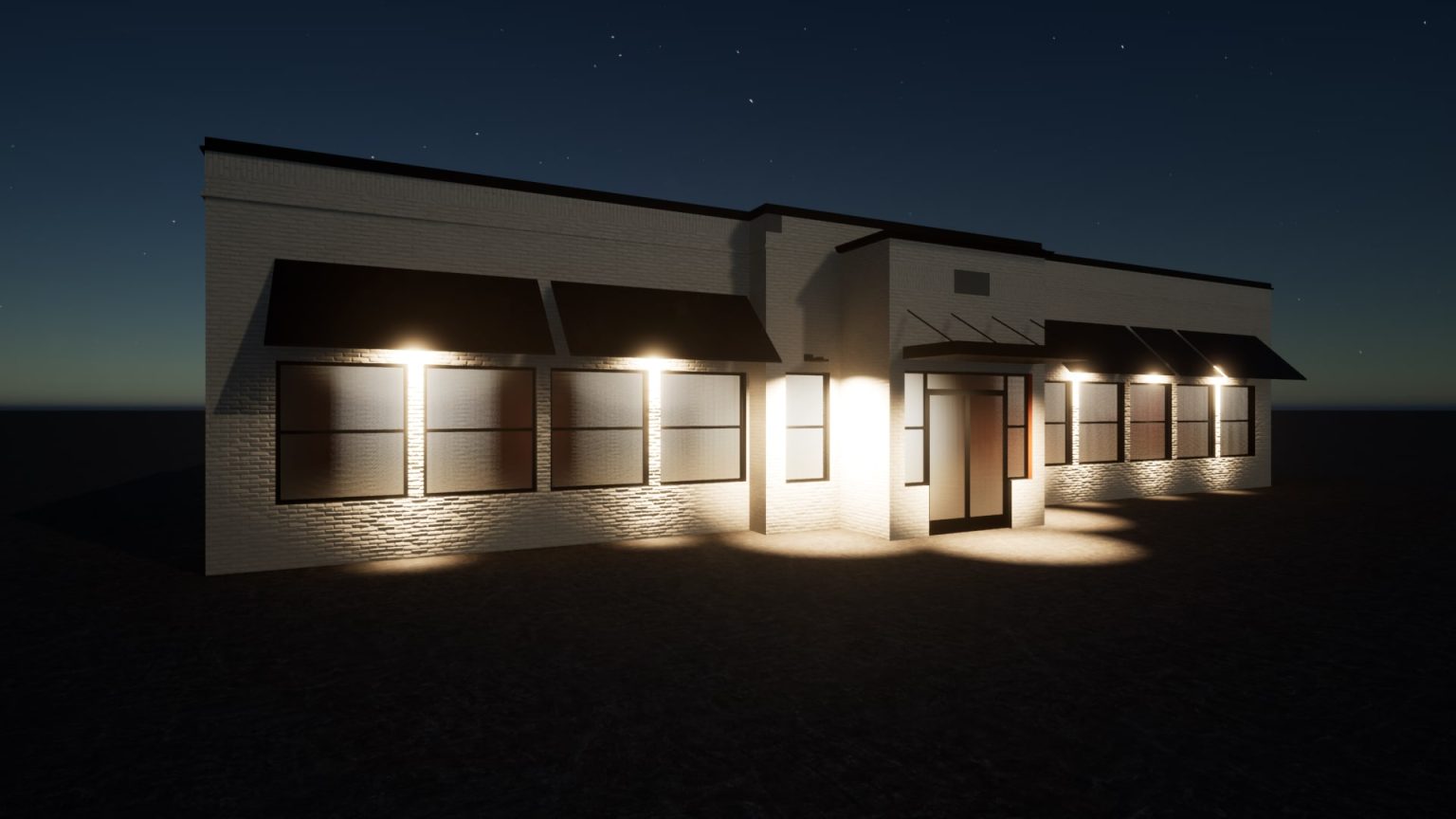Strategic Choices: Weighing the Benefit of Renting Versus Having a Beauty Parlor Room to Optimize Long-Term Success and Financial Viability
When it concerns developing a salon business, among the important decisions that proprietors have to very carefully take into consideration is whether to lease or have the area in which they operate. The selection between renting and having a beauty parlor area can have a considerable influence on the lasting success and economic health of the service. Aspects such as operational flexibility, financial implications, and investment potential play an important role in this calculated decision-making procedure. By exploring the advantages and drawbacks of each alternative, hair salon proprietors can make informed choices that straighten with their service goals and desires.

Pros and Cons of Leasing
When considering the choice between leasing a beauty parlor room or having one, it is vital to evaluate the pros and disadvantages of renting out to make an enlightened choice. One main advantage of renting a salon space is the flexibility it provides.

Financial Factors to Take Into Consideration

Thinking about the economic effects of renting a hair salon space versus having one is crucial for making a knowledgeable organization choice. When evaluating the financial aspects, it is important to examine the initial expenses related to each alternative. Renting a beauty parlor area usually requires a security down payment and month-to-month rental fee payments, whereas owning involves a deposit, mortgage repayments, real estate tax, and upkeep expenses.
Moreover, the long-term financial implications vary between leasing and having. On the other hand, possessing a beauty salon room provides possible equity growth and the chance to develop assets.
In addition, think about the influence on capital and success. Renting may supply lower ahead of time expenses, allowing you to designate even more resources to marketing and business development. In comparison, having needs a significant first investment however might lead to set you back financial savings in the future. Evaluating these monetary variables thoroughly will help you make a critical choice that enhances your beauty salon's long-term success and financial feasibility.
Functional Adaptability and Control
Ideal operational performance plays a critical function in figuring out the balance in between adaptability and control when choosing between renting out and possessing a beauty parlor room. Renting out a salon room provides fundamental flexibility as it enables for simpler changes to altering market conditions, client preferences, or organization needs. This flexibility is particularly useful for new beauty parlor proprietors or those seeking to examine different areas before committing long-lasting. In addition, renting out offers the benefit of not being restrained to a details home, allowing less complicated relocation if needed.
On the various other hand, possessing a beauty parlor room provides a higher feeling of control over the residential property and its procedures. Proprietors have the freedom to tailor the room to their preference, carry out long-term strategies without the danger of lease terminations, and possibly build equity in time. Ownership also comes with responsibilities such as home upkeep, insurance policy, visit our website and building taxes, which can influence the general monetary dedication.
Ultimately, the decision between leasing and possessing must consider the desired level of functional flexibility and control that straightens with the beauty parlor's lasting objectives and vision.
Investment Possible in Ownership
Offered the operational considerations talked about earlier, discovering the financial investment possibility in salon possession drops light on the financial implications and long-lasting benefits that come with possessing a hair salon space. By spending in a hair salon area, proprietors have the prospective see this here to profit from residential or commercial property gratitude, which can offer as an important possession in the long run.
Furthermore, possession permits greater control over the area, enabling proprietors to tailor and tailor the hair salon to their details brand and vision without the restrictions typically enforced by proprietors. This degree of control can improve the total consumer experience and brand name identification, possibly leading to increased customer retention and company growth.
In regards to financial investment potential, possessing a beauty parlor room can additionally open opportunities for added revenue streams, such as leasing out extra room to other elegance specialists or integrating retail sales within the hair salon. Salon suites for rent. These varied revenue resources can contribute to the total monetary wellness and sustainability of the service
Long-Term Stability and Development
With a focus on sustainability and development gradually, developing long-lasting stability and fostering growth are pivotal facets of beauty parlor ownership. To guarantee long-term stability, beauty parlor owners need to thoroughly consider elements such as area, market fads, and economic planning. Choosing between renting out and having a beauty parlor room plays a significant role in identifying business's development capacity.
Renting a salon hair cutting places nearby space offers versatility and reduced first expenses, permitting proprietors to designate sources in the direction of boosting services and marketing efforts. By having the space, beauty parlor proprietors have more control over customizing the building to fit their brand name and can profit from long-lasting property growth.
Inevitably, the choice in between renting and owning a beauty salon space ought to align with the owner's long-term business objectives and financial purposes. Whether focusing on versatility or equity structure, a tactical technique to residential property ownership can significantly affect the salon's security and development trajectory.
Final Thought
In conclusion, the decision between renting out and having a hair salon space calls for a careful analysis of monetary aspects, functional adaptability, financial investment capacity, and long-term stability. Both options include their very own collection of benefits and disadvantages, and it is essential for hair salon proprietors to consider these factors to maximize lasting success and monetary viability. Barbershop. Eventually, the choice in between leasing and possessing should be based upon an extensive analysis of private business objectives and circumstances